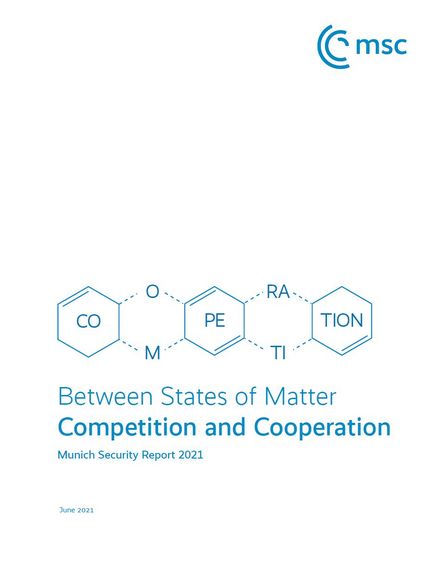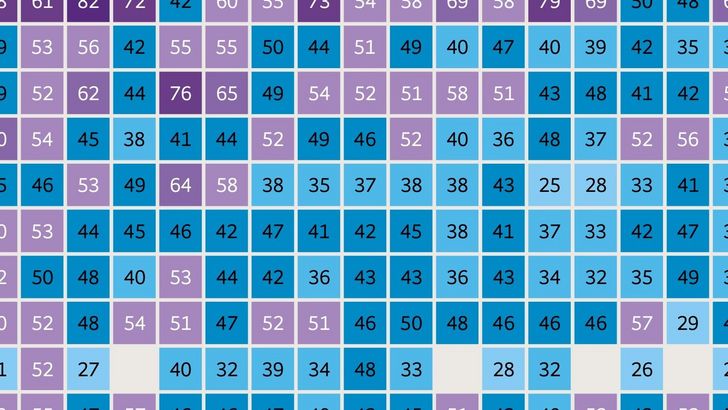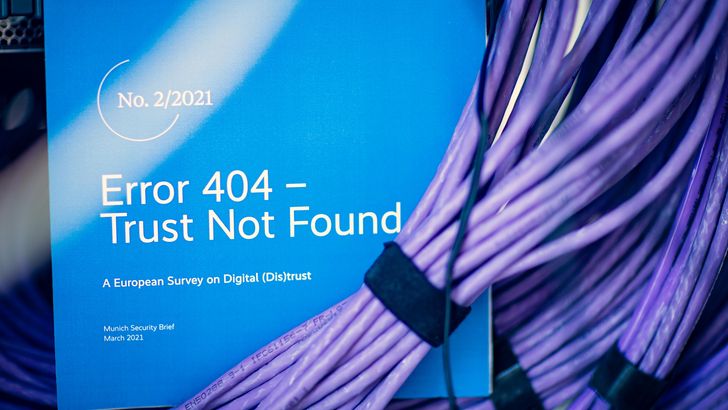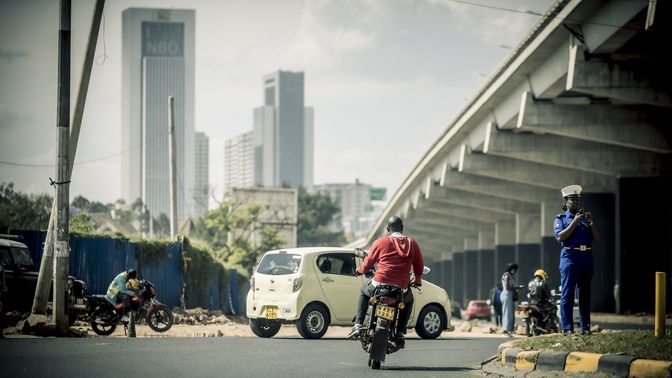
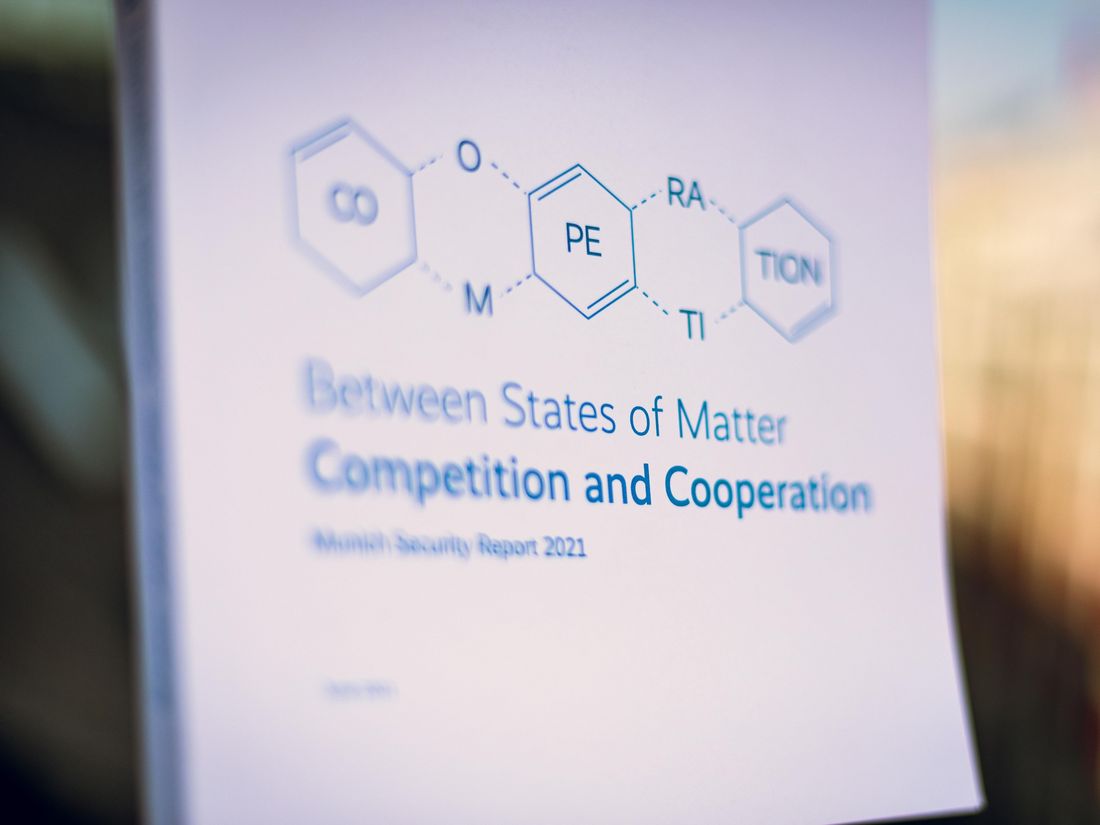
Munich Security Report 2021
Between States of Matter – Competition and Cooperation
The world’s liberal democracies are facing renewed competition with autocratic systems of rule. The Munich Security Report 2021, which was published ahead of the G7 and NATO summits, explores the challenge of navigating an international environment shaped by two “states of matter,” competition and cooperation.
While competition has become the defining feature of world politics, the most critical threats to humanity – from climate change to arms races and the ongoing pandemic – require broad-based international cooperation. But competition and cooperation do not only coexist, they increasingly condition one another.
Even though the coronavirus pandemic has prevented a regular Munich Security Conference 2021, it cannot and must not impede the vibrant conversation on core challenges to international security that our events are known to inspire. Our annual flagship publication’s 2021 edition builds on questions raised by the MSC throughout the past year – about the state of the West and the international order, growing competition between democratic and autocratic systems, and how the new transatlantic momentum can deliver concrete results. The Munich Security Report 2021, published ahead of the G7 and NATO summits, covers selected security issues that require concerted international action, such as arms control and the energy transition, as well as two regions that are at the center of growing geopolitical competition, the European neighborhood and the Indo-Pacific.
To effectively tackle pressing security challenges, the report argues, the US and Europe need to harness the new transatlantic momentum. Yet, given that public opinion inside the West is often divided, as our new Munich Security Index reveals, it will not be an easy task to move beyond “Westlessness” and navigate an environment of both competition and cooperation. Together with like-minded countries, the transatlantic partners will have to seek the right balance between the two “states of matter”: competing against the illiberal tide where they must – to defend core values and interests – and cooperating with challengers where they can – to tackle shared risks and threats.
The report features a range of exclusive and previously unpublished data. For the MSR 2021, the MSC once more cooperated with a number of institutions, including Allianz Research, the Centre for International Security at the Hertie School, the Frankfurt School – UNEP Centre, the International Institute for Strategic Studies (IISS), the Institute for Peace Research and Security Policy at the University of Hamburg (IFSH), ISEAS-Yusof Ishak Institute, McKinsey & Company, the Organization for Economic Co-operation and Development (OECD), the UN Environment Programme (UNEP), and the US Geological Survey (USGS).
Munich Security Index 2021
Against the backdrop of competition and cooperation, it is essential to understand the risk perceptions that pervade the societies of countries with decisive influence in the international realm. After all, how societies perceive each other affects competition and cooperation among them. And the prospect of jointly addressing global threats depends on the extent to which risk assessments are shared.
With the Munich Security Index, the MSC and Kekst CNC together have built a new dataset to explore citizens’ risk perceptions in various parts of the world. By combining five metrics – from the severity of a risk to its likelihood of developing, from the imminence of a risk to whether it is looming larger or receding and preparedness of a society – the index, underpinned by a survey of 12,000 people globally, provides an in-depth view of how G7 and BRICS nations view risk in 2021.
Additional material on the Munich Security Index is available here.
Munich Security Reports
Since its first edition in 2015, the Munich Security Report (MSR) has compiled data, analyses, and maps to illustrate current security challenges. The annual flagship report is traditionally published as a discussion starter for the Munich Security Conference in February and is targeted at an expert audience as well as the interested public. Special editions of the MSR offer deeper analyses of key actors, regions, or issues.
The launch event of the new Munich Security Report 2021 took place on June 9, 2021. You can watch the recording on Youtube via the following link.
More about the Munich Security Report 2021
Figures (excluding Munich Security Index) (8.27 MB)
Figures (Munich Security Index) (4.17 MB)
